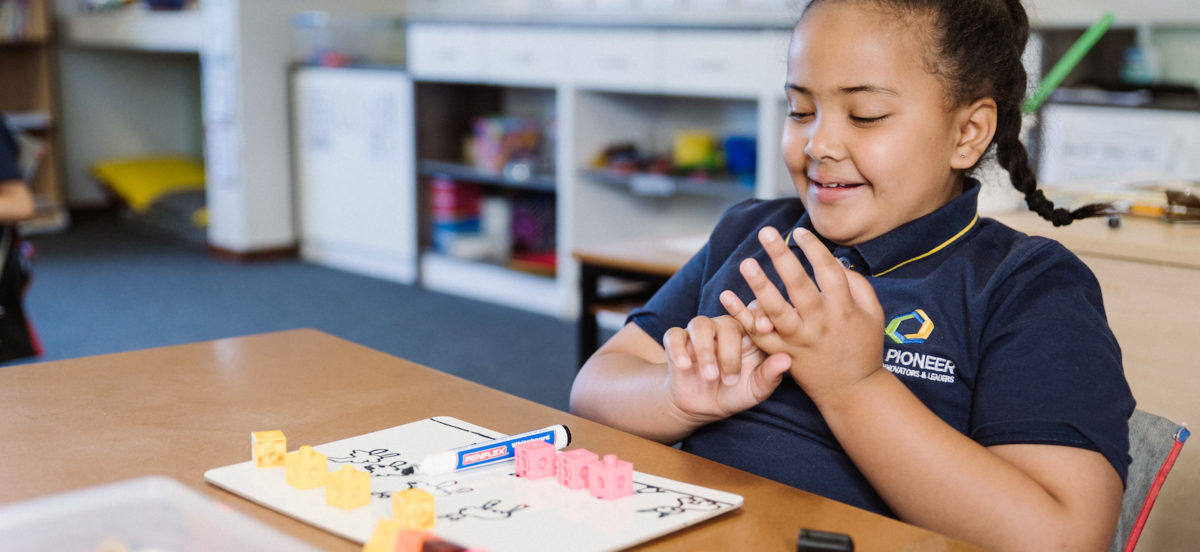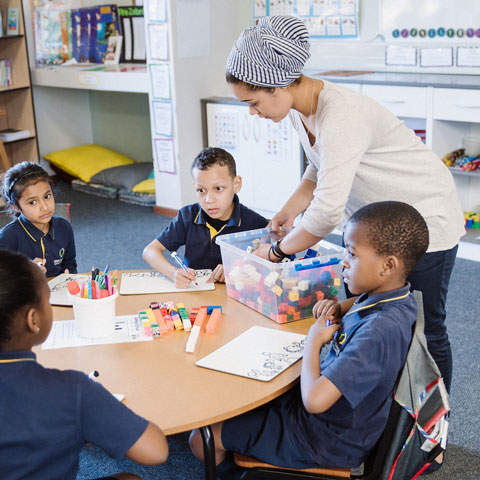Entrepreneurial skills can be taught but they can only be strengthened when you practice in real life, what you learn in the classroom. In an effort to further invest in teaching and honing our students’ entrepreneurial skills, Nova Pioneer introduced Entrepreneurs Day at all campuses. Entrepreneurship Day was specifically designed to expose students to real-life situations and life lessons.
Entrepreneurs create jobs
We know that, in order to thrive as adults, today’s children will need to know how to problem-solve, work collaboratively, and communicate well but more importantly. All these skills will be critical to develop a capacity to start a business and also to think creatively and ambitiously.
There will always be a need for teachers, doctors, lawyers and accountants but the job market will change significantly over the next two decades and many of the jobs which we rely on for employment may not exist. Children need to learn the skills that will position them to innovative in order to invent and shape their own careers.
For example, in May this year, South Africa’s unemployment rate increased to 27.6% in the first quarter of 2019, according to Stats SA. The jobless rate at the end of the fourth quarter of 2018 was 27.1%, meaning the rate increased by half a percentage point. We need to prepare students to be self-starters if we want to see the rate of unemployment drop. Entrepreneurs create jobs.
Learning the three r’s (reading, writing and arithmetic) are no longer sufficient to prepare today’s children for their future. Furthermore, in addition to these basic skills, all children need a thorough grounding in science, technology, engineering, and math (STEM). Yet, children will need more than academic skills to succeed as adults, no matter what field they work in.
Putting the entrepreneurial skills into practice
Nova Pioneer has introduced an initiative across all its classes which focuses on fostering a solid understanding of entrepreneurship while supporting students in developing skills such as goal setting, working with money, people skills and basic marketing principles.
Entrepreneurship education benefits students from all socioeconomic backgrounds because apart from teaching core business skills, it trains students to think outside the box and nurtures unconventional talents and skills. Putting this into practice, our Primary schools students got an opportunity to host and participate in their own Entrepreneurs Days.
Learners are encouraged to actively identify gaps to provide services/products that meet a need and are required to set a goal of the amount of money they aim to raise, as well specifying the cause or goal the funds would be used for. Learners take ownership of the marketing around the school and raise awareness of the event, supported by teachers who oversee the process and guide the students throughout this initiative.
Finding the gap and filling it
Entrepreneurship day was specifically designed to expose students to real-life situations and life lessons. They were asked to identify a goal (what they would like to buy with the money they will make), and duties were distributed amongst one another. On the day, they set up and sold the products and services to the rest of the school.
They are encouraged to actively solve problems by using principles from the engineering design process: research, brainstorm, select a solution, develop a prototype, test and revise it if necessary and then communicate the offering and benefits. Through this process students develop skills like communication, presentation, pitching, understanding risk-taking, failure and building resilience, using models to solve problems. All schools across the Nova Pioneer network actively promote and develop entrepreneurship skills as part of its curriculum.
We’re not just showing and talking to our students about entrepreneurship as a concept. We are creating real-to-life opportunities for our students to be future-fit in a way that combines creativity, real-world skills, enjoyment and a true sense of accomplishment. If we plant seeds of entrepreneurial thinking early enough and nurture them constantly, today’s students will become tomorrow’s leaders and will be well-placed to meaningfully contribute to society and the economy.
This article was published in The Young Independents

